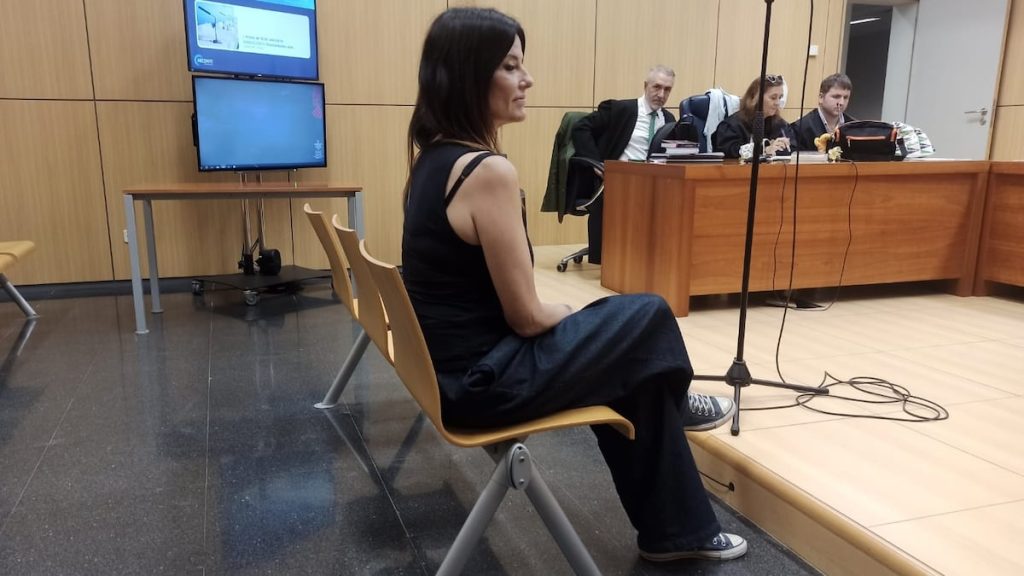The Provincial Court of Valencia has upheld the 15-month prison sentence for former Vox leader Cristina Seguí for a crime against moral integrity after she shared a livestream on Instagram from the victims of a group rape, accompanied by a caption that claimed the girls were not 12, but 15 or 16, and that the sex was consensual. Seguí has announced that she will appeal the decision to the Supreme Court. The court stated that the accused knew she was sharing the livestream without the consent of the victims, who were minors, and that she was fully aware of the impact it would have. While the penalty of 15 months in prison and a fine of 12,000 euros for civil liability was maintained, the conviction for revealing secrets was overturned.
Seguí had made similar comments in an interview on the State of Alarm TV channel, where she and the director, Javier Negre, insinuated that the minors were fabricating false evidence to gain fame and money. They were ordered by the Spanish Data Protection Agency to delete all content related to the minors, which they did. Facua, an association, had downloaded and certified these posts before they were removed. The group’s secretary general, Rubén Sánchez, who testified as a witness in the trial, highlighted the mother’s statement that her daughter had attempted suicide and had to change schools multiple times to escape bullying.
In a video addressing her followers about the court’s decision, Seguí implied that the investigation was biased because the prosecutor handling the case, Susana Gisbert, is allegedly affiliated with the political party Compromís and a supporter of Mónica Oltra, former vice president of the Valencian Community. Seguí stated that they will fight until the end and warned that they will fabricate a case against her. The controversy surrounding Seguí’s comments and actions has sparked outrage and condemnation from various groups and individuals.
The case of the group rape in Burjassot, Valencia, has reignited discussions about the treatment of sexual assault victims and the responsibility of public figures in sharing sensitive information. The court’s decision to uphold the prison sentence for Seguí reflects a judicial stance against the dissemination of harmful content that violates the dignity and rights of individuals, particularly minors. The impact of Seguí’s actions on the victims and their families has been profound, with reports of psychological trauma and the need for protective measures to safeguard their well-being.
The ongoing legal battle between Seguí and the judicial system, along with the public scrutiny and backlash she faces, highlights the importance of holding individuals accountable for their words and actions, especially when they have the potential to cause harm or perpetuate harmful stereotypes. The role of social media platforms in regulating and monitoring content that violates ethical standards and legal boundaries is also a key issue raised by this case. As the story continues to unfold and additional details emerge, it serves as a reminder of the complexities and challenges in addressing issues of morality, integrity, and justice in a digital age.















